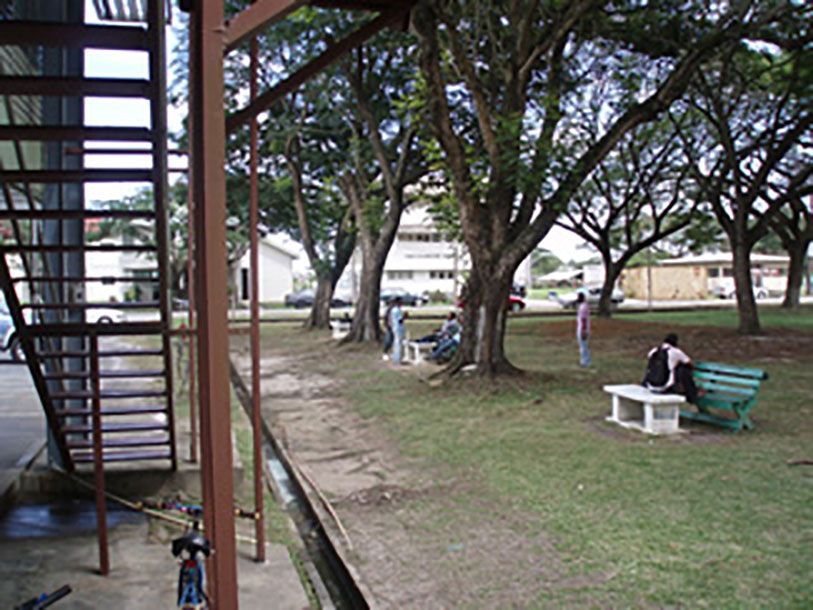ACP Academic Mobility Scheme - feasibility & formulation study
- Worked with ECORYS, Holland
The ACP Academic Mobility Scheme concerned as feasibility & formulation study into the feasibility of an Academic Mobility Scheme in the region. The company conducted a literature review, interviews and consultation to identify and formulate this programme.
RRD, together with ECORYS, has been engaged in the design of a Academic Mobility Scheme, specifically meant for nations in Africa, the Caribbean and the Pacific (ACP states). The project has been carried out by order of the European Commission EuropeAid Co-operation Office (AIDCO).
The aim of the project was to investigate EU experience with higher education mobility schemes and to see how existing mobility schemes in the ACP group of states could be expanded and improved using this experience.
The project was meant to result in a proposal for an ACP mobility scheme that would suit the needs and problems of these regions and is in line with EU as well as ACP policies, regulations and laws.
The purpose was also to find answers to question as to who/what organisation can best implement the programme, what kind of mobility is wished for, how long and where EU support is needed etc. and incorporate the answers to these questions in a concise but encompassing proposal for an ACP mobility scheme.

Campus of the University of Gyuana
The study has been conducted in two consecutive phases
The first phase was concerned with identifying a possible programme.
To this end data gathering and analysis of the mobility schemes in the EU has occurred around a number of areas. Also data gathering and analysis of the mobility schemes covering the AU Nyerere scheme for Africa as well as schemes that existed in the Caribbean and Pacific regions has occurred. Subsequently a number of policy options has been assessed - a comparative assessment of options for a mobility scheme that would suit the needs and wishes of the ACP countries and would fit regulations of all parties concerned.
A four step process has been followed leading to a choice of a preferred option. Step 1 was concerned with a problem analysis, step 2 with formulating a number of options, step 3 with comparing these options using a number of criteria and the step 4 with introducing the preferred option.
The second phase was the formulation study.
This study has followed the conventional PCM (project Cycle Management) and LOGFRAME methodologies, covering areas as relevance/coherence, ownership, management capacity, and monitoring. Also a survey has been conducted among students and academic staff in the ACP group of states to be able to assess awareness and interest of higher education institutes in a scheme like this and their capacity to partake in it.